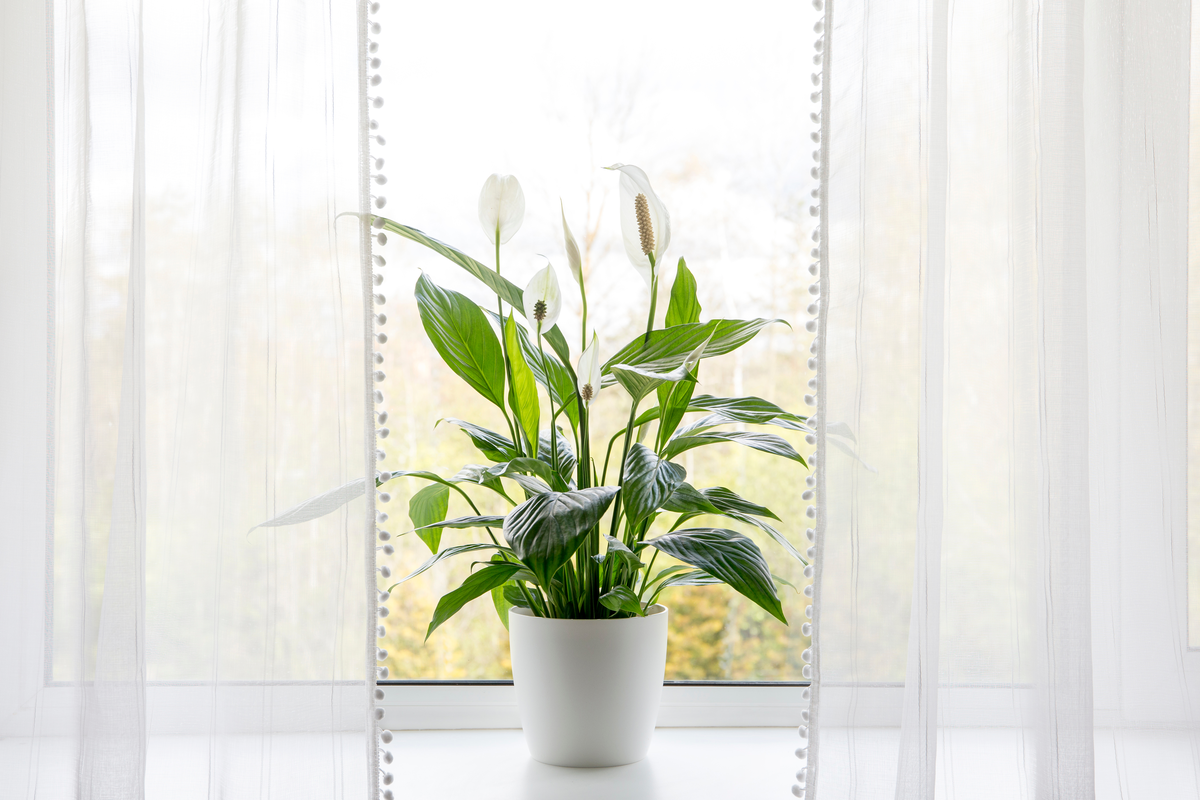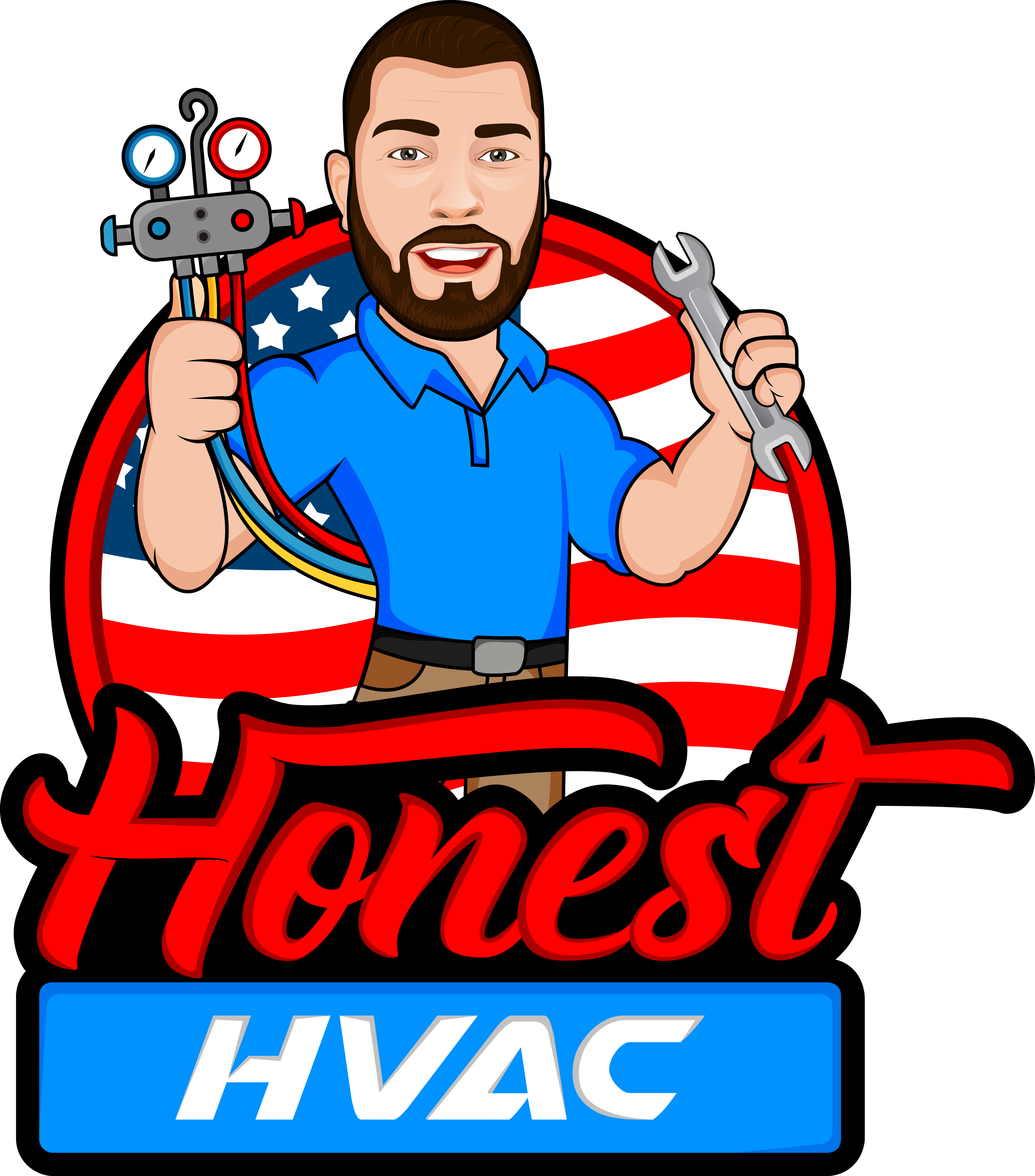
With so many families spending more time in their homes than ever before, indoor air quality has become a significant concern for homeowners. No matter how clean your home is, it may be surprising to learn that your indoor air quality may be unhealthy to breathe.
A typical home is packed with sources of airborne pollution that often go unrecognized. Of course, we are all aware of dust, pollen, and pet dander that accumulates in our homes, but the fact is that we are surrounded by other potentially harmful pollutants that we can not see.
Volatile Organic Compounds (VOCs)
Regardless of how well you clean and keep your home as dust-free as possible, you are surrounded by volatile organic compounds that you can not control. Volatile organic compounds (VOCs) are simply a fact of life in this modern age. VOCs emanate from carpets, furniture, paint, electronics, and many other sources within a home. Even cleaning and cooking tasks generate pollutants that remain in the air, threatening our home’s indoor air quality.
Volatile Organic Compounds Wreak Havoc On Indoor Air Quality
Because we strive to keep our homes as airtight as possible to increase energy efficiency, the fact is that these VOCs don’t have a good way of escaping from inside our house. Airborne pollutants build up quickly in a home with little fresh air flow, accumulating to potentially unsafe levels to breathe. A typical indoor residential space may be up to five times more polluted than the environment outdoors.
The Dangers Of Poor Indoor Air Quality
Perhaps the most dangerous aspect of poor indoor air quality is that it can be nearly unnoticeable to the people who live in the home. You could be breathing polluted air inside of your home for quite some time before you become aware of the issue. More often than not, health issues arise, which signals a problem with your indoor air.
Common symptoms of exposure to VOCs and other indoor air pollutants are dizziness, fatigue, respiratory irritation, headaches, and allergic reactions. Long-term exposure to poor indoor air quality can result in more severe health issues for people who have asthma and compromised immune systems. Children are especially vulnerable to the harmful effects of COVs and older adults.
What You Can Do To Improve Your Home’s Indoor Air Quality
Keeping your family safe from indoor air pollution is easier than you may think. While we can not control certain COVs due to our modern lifestyles, we can decrease their accumulation in our homes.
Your HVAC company can provide an air quality assessment of your home, which will determine the sources and severity of pollutants in your air. With this information, your HVAC professional will devise a plan of action that can include a variety of solutions to help you clean your home’s indoor air.


